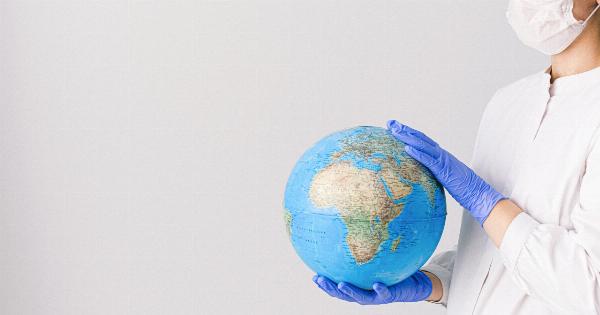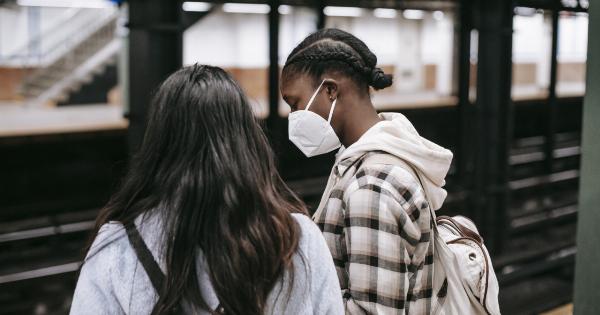The outbreak of SARS-CoV-2, also known as COVID-19, has had a significant impact on people of all ages around the world. However, the impact on pediatric populations has been a subject of great concern since the start of the pandemic.
In this article, we will discuss the impact of SARS-CoV-2 on pediatric populations and the measures taken to prevent its spread.
What is SARS-CoV-2?
SARS-CoV-2 is a novel coronavirus that was first identified in Wuhan, China, in December 2019. The virus causes COVID-19, a respiratory illness that can range from mild to severe. Symptoms include fever, cough, and difficulty breathing.
SARS-CoV-2 is highly contagious and can spread from person to person through respiratory droplets produced when an infected person coughs or sneezes.
Impact on Pediatric Populations
Children have been affected by COVID-19, but the severity of their symptoms has been relatively mild compared to adults.
According to the Centers for Disease Control and Prevention (CDC), children under the age of 18 account for less than 10% of COVID-19 cases in the United States. However, children with underlying health conditions such as asthma or diabetes may be at higher risk for severe illness from COVID-19.
Despite the relatively low number of cases in children, the impact on pediatric populations has been significant. The disruption caused by the pandemic has affected every aspect of children’s lives, from socialization to education.
Many schools and child care facilities have closed or transitioned to remote learning, which has had a significant impact on children’s mental health and development.
Prevention Measures
To prevent the spread of SARS-CoV-2 and protect pediatric populations, various measures have been implemented. These measures include:.
- Wearing masks and practicing social distancing
- Frequent hand washing with soap and water for at least 20 seconds
- Cleaning and disinfecting frequently touched surfaces
- Staying home when sick
- Providing virtual visits for non-urgent medical care
Vaccination for Children
The COVID-19 vaccines have been authorized for emergency use in adults and children aged 12 and older.
The Pfizer-BioNTech vaccine has been authorized for use in children aged 12-15, while Moderna and Johnson & Johnson vaccines are authorized for adults only. These vaccines have been shown to be safe and effective in preventing COVID-19 in clinical trials.
It is important to note that vaccination for children is not mandatory, but it is recommended by health authorities. Vaccination can help protect children from severe illness and prevent the spread of SARS-CoV-2 to others.
Conclusion
SARS-CoV-2 has had a significant impact on pediatric populations, despite the relatively low number of cases in children.
The disruption caused by the pandemic has affected children’s mental health and development, which highlights the importance of preventing the spread of COVID-19. Vaccination provides a safe and effective way to protect children and prevent the spread of SARS-CoV-2.






























